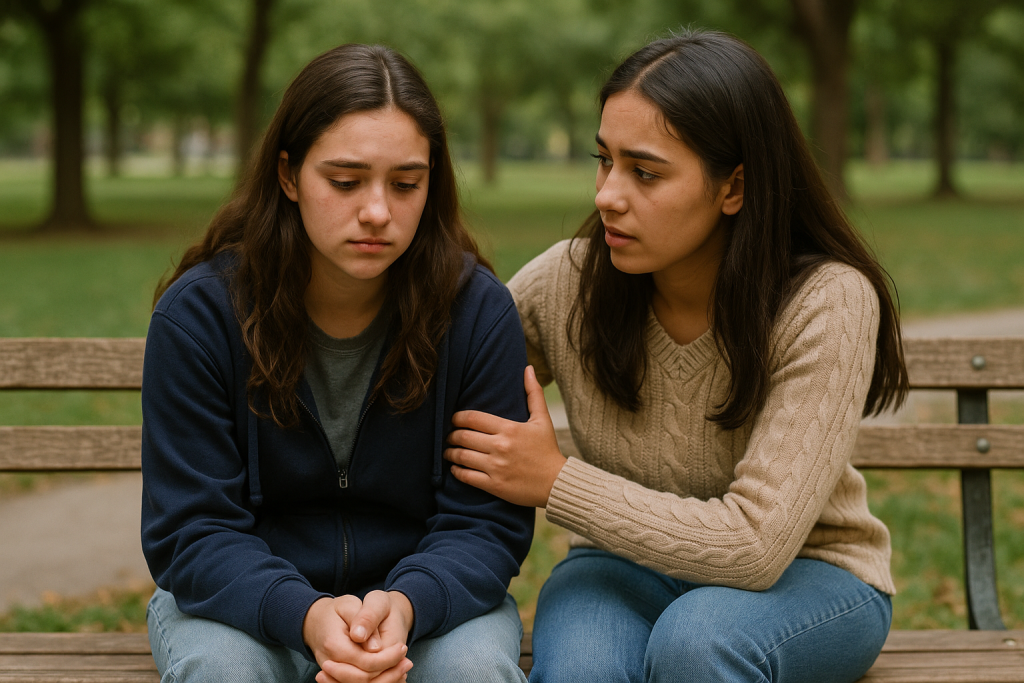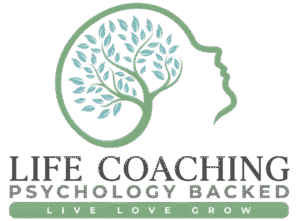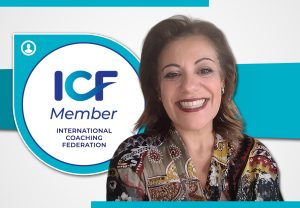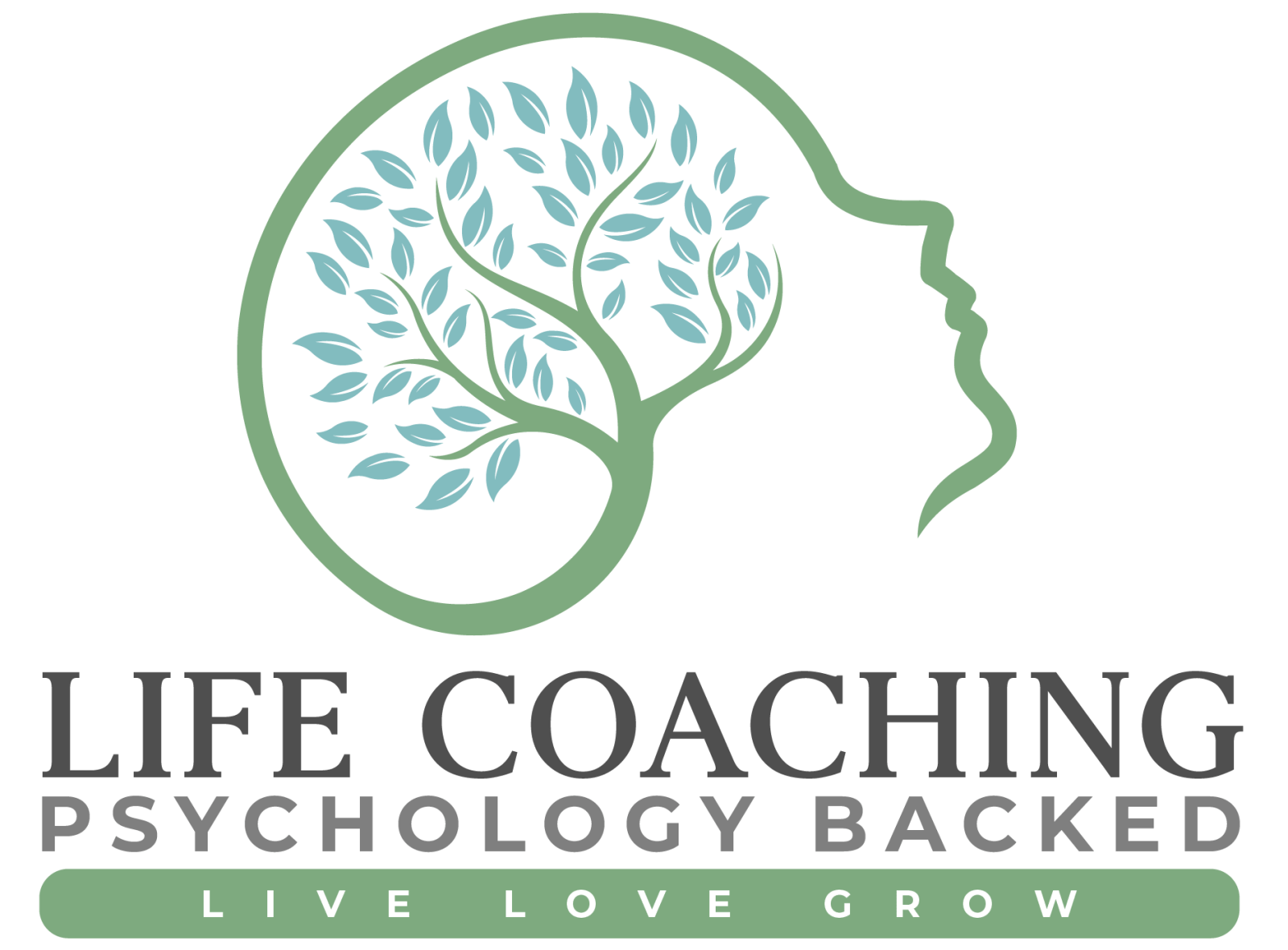You are 15-16 and unaware of what is happening to you and your body. You look into the mirror and hate yourself, are overly conscious, the classes throw you off and you constantly keep thinking about how your crush sees you.
Hi there, I’m Nermine. If you’re reading this, chances are you’ve felt it: a sudden rush of emotion that feels impossible to control. It might be anger, sadness, shame, anxiety… whatever it is, it hits fast and hard. The kind that makes you say, “Why on earth did I react like that?”
I get it, I really do. We live in a world full of expectations from everyone around. But here’s the thing I want you to know from the start: your triggers aren’t flaws. They’re not broken parts of you. Instead, they’re powerful signposts showing you things you need to understand about yourself.
What exactly is a trigger?
A trigger is like an emotional alarm. It could be anything, a text, a comment, a memory that activates intense feelings. Maybe a small joke from a friend feels like the end of the world, or a compliment makes you feel exposed. These moments hurt because they’re important; they show us where we’re still growing.
Some of the labels I often hear: “I’m so oversensitive.” “I get so defensive.” “I feel worthless.” Deep down, that voice inside might be saying: “You’re broken.” But what I’ve learned and what I want you to understand is that those feelings are not evidence that you’re broken. They’re evidence that you care. They’re signposts that something matters deeply inside you.
“Life isn’t about fixing what’s ‘wrong’ with you — it’s about understanding what’s happened to you.”
That means your triggers carry hints , maybe from the past, about what you need today.
Triggers hold the keys to your story
It is important that we know that every trigger is a story that you do not need to hide from. Maybe it goes back to feeling ignored as a kid or maybe it is something that was said to you and was hurtful. Maybe it’s not even yours, maybe it comes from someone you care about.
It is okay to be different, it is okay to have your own experiences, your own story.
Let me give you an example.
One of my teen clients said to me: “I hate it when my friends only call when they need something.” Their anger seemed small on the surface, but I asked, “What does it feel like inside when that happens?” They paused before answering: “Invisible… like I don’t matter unless it’s convenient.”
Notice: it wasn’t just about a missed text or a phone call, it was about feeling unimportant, unseen, taken for granted. Their emotional reaction was actually signaling a deeper need and now that they could name it. They had a way to respond: by speaking up, setting expectations, and valuing their boundaries.

Lean in — don’t run away
When something triggers you, your first instinct probably is to shut down, run away, far away, somewhere it doesn’t catch you. Believe me, I’ve been there. But every time we soothe the illusion that we shouldn’t feel these strong things, we actually push ourselves away from emotional growth.
Instead, try these emotional regulation techniques:
- Acknowledge the feeling. Give it a name. “I’m feeling embarrassed.”
- Take a few breaths. Slow breaths help you pause instead of react.
- Ask: “What is this really about?” What expectation was unmet? What worry got triggered?
This step alone can shift you from being overwhelmed to noticing what’s alive inside you.There
Triggers are teachers—not enemies
Yes, you read that right, triggers are not your enemies, they are teachers.
I want you to imagine for a moment that these emotional flashes are your inner friends, waving flags to help you learn more about yourself. If you ignore them — “I’m fine!” — you miss the lesson.
But if you notice them and lean in, you can ask important questions:
- What is this triggering inside me?
- What do I need in this moment?
- How can I kindly take care of myself?
It could all start small, you feel anxious before a test and then, you listen, name it, and treat it as an invitation to care for yourself. Maybe you ask for help, or remind yourself that you’ve prepared. It’s bringing yourself closer to your personal growth goals and it starts with noticing.

Practice responding, not reacting
One of the most powerful things that i teach my clients as a life coach for teens is to learn to respond instead of immediately reacting. A reaction is automatic like an immediate punch or cry. A response is thoughtful it comes after a breath. This is after you ask questions, after you tune into what’s really going on.
Try these steps when a trigger shows up:
- Pause: even a 3-second pause helps.
- Feel it in your body: “My chest tightens,” or “Everything’s clenching.”
- Ask gently: “What’s trying to be heard?”
- Give yourself what you need: reassurance, space, compassion.
That pause is where power lives.
Learning your emotional language
The person in you deserves kindness, you need to treat them with that kindness only. When I work with young folks, sometimes they say things like, “I’m pathetic for crying,” or “Why do I always ruin things?” Those harsh judgements make growing harder.
So, I encourage you to learn gentle, curious language. Instead of “Ugh, why am I so stupid?”, try: “I’m feeling frustrated – maybe something feels out of control.” It’s not about magically being positive, it’s about being honest and kind. It is very important to practice Mindfulness for teens.
Triggers teach you what you value
Here’s something powerful: the intensity of your trigger shows where your values lie. These are indication of your self-development skills
- If criticism triggers you, self-worth is valuable.
- If competition brings anxiety, maybe fairness or belonging is important.
- If disappointment hits hard, it might be because hope and trust matter to you.
These realizations are gifts. They show you what matters most your truth and that’s the foundation for healthy boundaries
Growth doesn’t mean you go it alone
You don’t have to face your feelings solo. Sharing is strong, not weak; it can be with a friend you trust, a parent, or a personal development coach. Saying: “Hey, I feel clingy when I don’t hear back. It reminds me of when I was left out at school.” That’s brave. That’s wisdom. That’s building connections.

When someone listens without fixing or judging, it helps you feel less alone and more seen. Try it, it’s worth trying.
Tools to support yourself
As a Life coach for teens here are a few tools I recommend young people to use again and again:
- Emotion journal – write what happened, what you felt, why you think it mattered.
- Breathing Space – 3 deep breaths or 5 deep breaths; slow and intentional.
- Safe phrases – have a set phrase (“I’m feeling a lot right now”) to share with others.
- Self-compassion statement – like, “This is hard, but I deserve kindness.”
- Name your needs – “I need a hug,” “I need time,” “I need an adult’s reassurance.”
These aren’t perfect, but they’re real.
When triggers keep returning
It’s totally normal when an old trigger returns. Trust me, they can stick around like clingy stickers. It doesn’t mean you failed. It means growth takes time.
If a trigger keeps coming up, it might be pointing to a deeper wound or belief. That’s okay. That’s actually progress because at least the wound is now visible to you. Now you can gently explore: “What lies beneath this? What old rule am I following, like ‘you must be perfect’ or ‘you can’t make others uncomfortable’?”

It’s not easy, but every insight builds freedom.
Your triggers don't define you
Lastly, always remember: you are more than your reactions. Your value, your voice, your kindness, your purpose… that’s who you truly are. A trigger might show up and take the stage, but it doesn’t rewrite the story. You have the pen.
Your turn: What’s your trigger saying?
Here’s what I invite you to do:
- Think of a recent moment when you reacted strongly.
- Pause and breathe.
- Ask yourself: “What did I feel? What story or thought came with it?”
- Write it down.
- Ask: “What might I need in this moment?”
Ask someone trusted if you’d like to share it — and welcome care.
Final thoughts
To every young person who is reading this and found this article searching for emotional intelligence for teens:
- You are not broken.
- Your triggers are not mistakes.
- They are invitations — to feel, to learn, to grow.
- And you’re allowed to do that with kindness, with support, and at your own pace.
I’m proud of you just for starting this because noticing is the first brave step. From here, you get to build your emotional wisdom, your self‑worth, your resilience. You get to practice growing through them not because you’re not enough, but because you already are enough to step into this growth.
If you ever want to explore this journey further with me as your stress management coach -in writing, conversation, or voice — I’m here for you. This space is yours, always.
Thank you for reading all the way here. Remember: every feeling you have is part of your story, part of the gift that helps shape the amazing person you’re becoming.
With warmth and respect,
Nermine 🌸
FAQ
What feels “small” on the outside might feel huge inside because of past experiences or unspoken needs. You are not being dramatic, you have something deeper in you that is being touched. You’re not wrong for feeling deeply.
Crying is one way your nervous system releases emotional tension. It doesn’t mean you’re weak, it means your body is trying to help you reset. Anger and sadness are often two sides of the same emotional coin.
A trigger usually brings a strong, sudden reaction and often ties to a deeper fear, insecurity, or past experience. Being moody tends to pass with time, while a trigger tends to leave you feeling stuck or spinning.
Totally normal. Triggers often show up in the relationships that matter most to us. It’s not about blame—it’s about learning how to communicate what you need with kindness and clarity. That’s where parent coaching can really help, offering support and practical tools to navigate these moments and strengthen your connection.
Start by reminding yourself that it’s okay to feel overwhelmed; it doesn’t mean you’re failing. Stress builds up when we carry too much without a break. Try breaking things into smaller steps and take one at a time. Deep breathing helps, even just for 60 seconds. Write out what’s on your mind, move your body a little, or talk to someone you trust.




